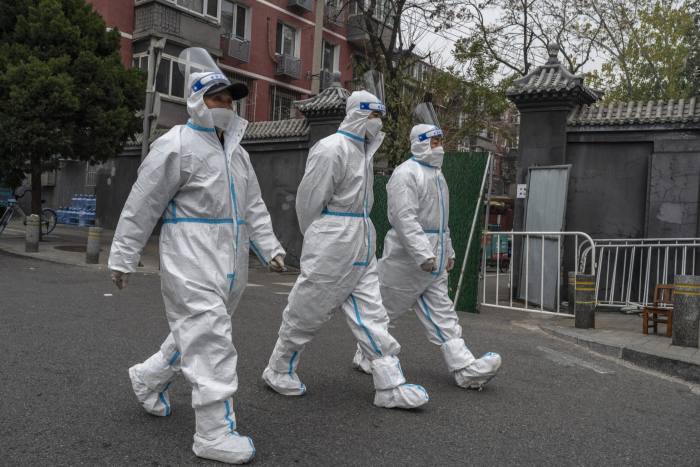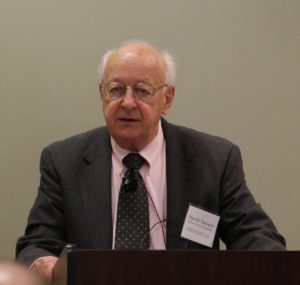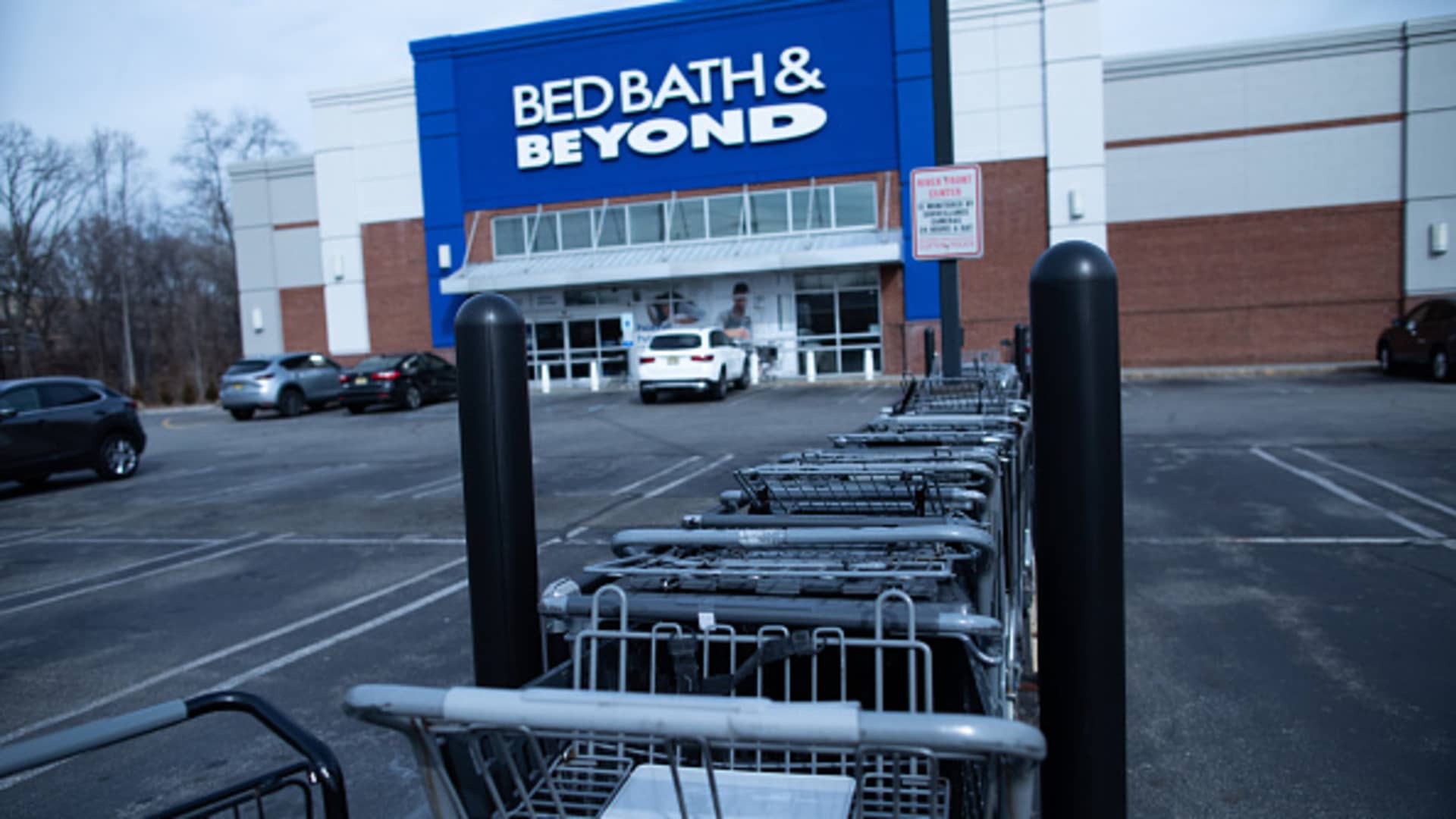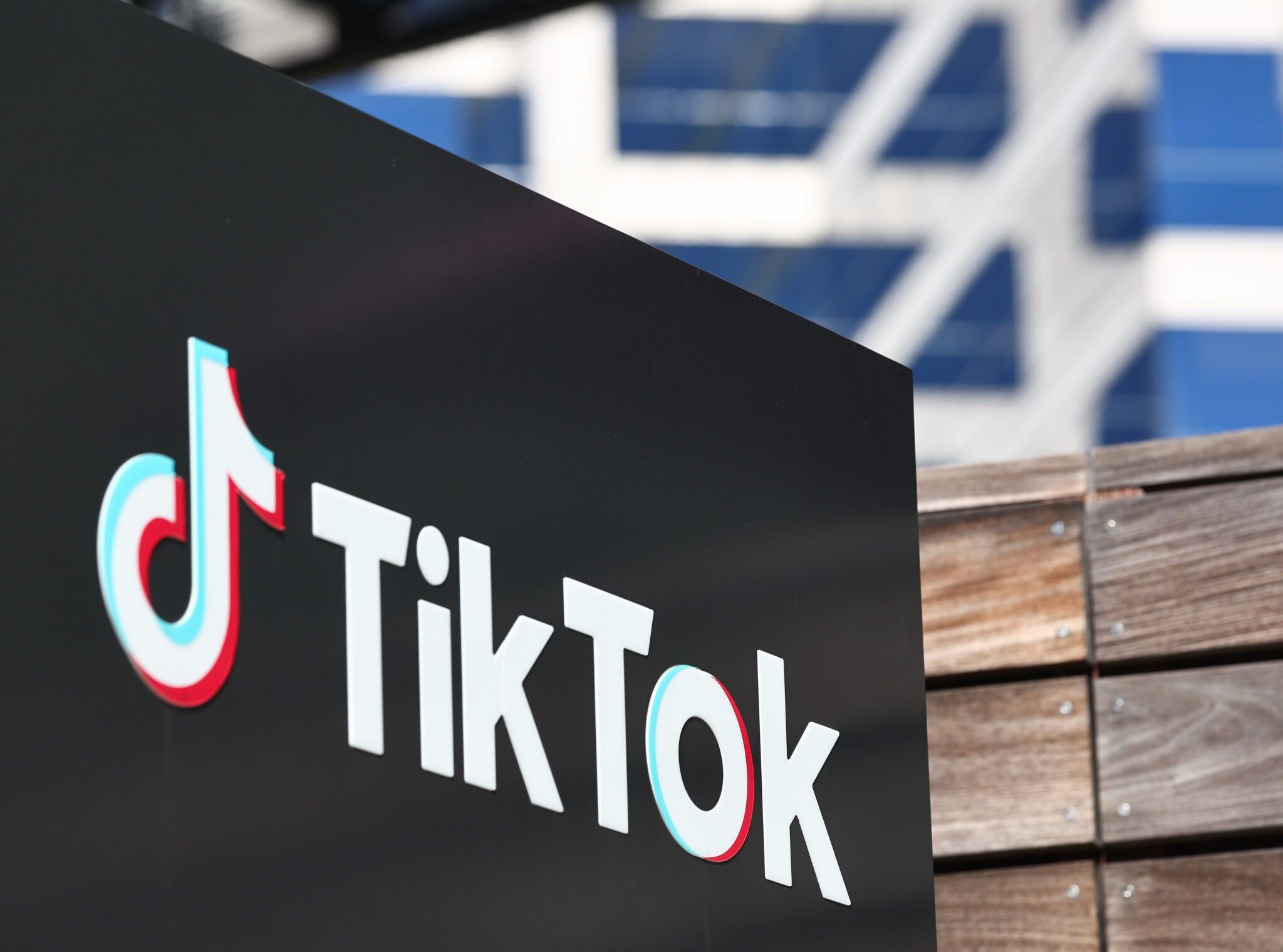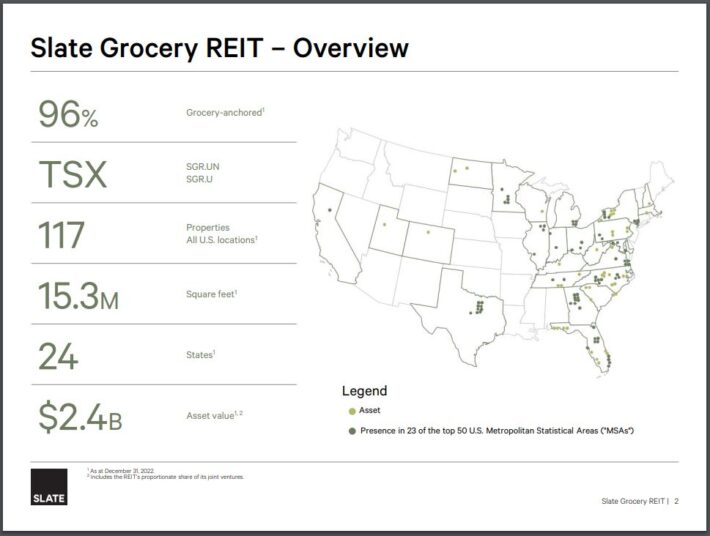Good morning. This article is an on-site version of our FirstFT newsletter. Sign up to our Asia, Europe/Africa or Americas edition to get it sent straight to your inbox every weekday morning
Volodymyr Zelenskyy said Russia’s new strategy to destroy Ukraine’s infrastructure and plunge it into darkness would not weaken the country’s resolve to liberate all occupied land, describing the conflict as a “war of strength and resilience”.
“We must return all lands . . . because I believe that the battlefield is the way when there is no diplomacy,” Zelenskyy told the Financial Times in an interview. “If you can’t get your land back entirely, the war is simply frozen. It’s a question of time before it resumes.”
Moscow has stepped up a bombing campaign against Ukraine’s critical infrastructure since last month, hoping to force Kyiv to make concessions despite its advances on the battlefield.
On Wednesday, Russia launched 70 missiles against infrastructure targets across Ukraine, leaving about 80 per cent of the country in the dark and without water. All 15 of Ukraine’s nuclear reactors were taken offline because electricity became unstable.
Zelenskyy acknowledged that the fate of Crimea was rising on the international agenda. “I understand that everyone is confused by the situation and what will happen to Crimea. If someone is ready to offer us a way regarding the de-occupation of Crimea by non-military means, I will only be in favour,” he said.
“If the solution [does not involve] de-occupation and [Crimea] is part of the Russian Federation, no one should waste their time on this. It’s a waste of time.”
Think you kept up with the news this week? Take our quiz and find out.
Five more stories in the news
1. Chinese lenders to pump $162bn of credit into property developers Industrial and Commercial Bank of China, China’s largest lender by assets, announced it was extending credit lines totalling Rmb655bn ($92bn) to 12 developers. The lending is a significant moment for China’s struggling real estate sector, which drives more than a quarter of economic output but has been embroiled in a liquidity crisis for more than a year.
2. Foxconn moves to quell protests at iPhone factory Apple’s manufacturing partner Foxconn has offered payouts of Rmb10,000 ($1,400) to newly recruited staff who elect to leave the iPhone factory and vowed to honour pay agreements, in an attempt to quell unrest after workers clashed with police.
3. Twitter disbands Brussels office Twitter has disbanded its entire Brussels office, sparking concerns among EU officials about whether the social media platform will abide by the bloc’s stringent new rules on policing online content.
4. Disney awarded Iger $10mn consultancy deal to advise CEO Bob Iger received a $10mn deal to advise his successor Bob Chapek even though the two executives were barely on speaking terms. Iger returned to Disney this week as chief executive after his chosen heir Chapek was ousted in an internal revolt.
5. Anwar Ibrahim sworn in as Malaysia’s prime minister Anwar is a one-time protégé of former prime minister Mahathir Mohamad. The reformist leader was sworn in on Thursday evening after five days of uncertainty that followed Saturday’s general election. He takes the reins of a country riven with political divisions and struggling with a fragile pandemic-battered economy.
PS Join the FT’s top journalists in conversation with leaders in business and government including the Sequoia managing director for India & south-east Asia, former chief economic adviser to the government of India, deputy dean of the Shanghai Advanced Institute of Finance and many more at The Global Boardroom on December 7-9. Register free for your digital pass today.
The day ahead
Verdict for Bishop Zen A verdict is scheduled for the 90-year-old former bishop of Hong Kong, Cardinal Zen, and five others who are accused of failing to register a now-defunct fund set up to assist people arrested in the mass anti-govt protests in 2019. All of them have pleaded not guilty. If convicted, they face a fine of up to HK$10,000, with no jail time.
Black Friday One of the biggest days in the retail calendar kicks off, with analysts watching closely for any signs of consumers cutting back spending. In the wake of Black Friday, large retailers such as Argos and Woolworths have transformed the advertising industry.
World Cup Iran faces off against Wales in the first match of today. Qatar will play Senegal afterwards, followed by Netherlands vs Ecuador and England vs USA.
What else we’re reading
Cost of Chinese chips Our new Big Read examines the cost of America’s ban on Chinese semiconductors. The new US tech rules will hurt China’s chipmakers but also add to inflationary pressures on many products.
In the court of ‘King’ Trump Jemima Kelly visits Mar-a-Lago and mingles with the “Trumpettes” and superfans of the former US president at his home base, part-social club, part-political nerve centre for a man whose obsession with winning threatens to split the Republican base.
UK limits use of Chinese-made surveillance systems on government sites Announcing the ban, Cabinet Office minister Oliver Dowden said it would cover visual surveillance equipment “produced by companies subject to the National Intelligence Law of the People’s Republic of China”.
How magical thinking enabled the rise — and fall — of FTX Since the cryptocurrency exchange imploded this month, it has become clear that the concentration of power, coupled with a lack of oversight, caused huge customer losses because funds were funnelled around with no accountability. Gillian Tett reflects on the sector’s deep contradictions. If you missed the FTX bankruptcy hearing, we have you covered.
How China’s close contacts are piling pressure on Beijing’s zero-Covid policy More than 1.3mn people in China were under medical observation this week as close contacts of cases of Covid-19, the highest level since the pandemic erupted out of Wuhan. The number of close contacts is a gauge of whether authorities are still able to control the virus. If it spirals further out of control, the government could enforce harsher lockdowns.
Food & Drink
I’ve got nothing against staples such as sour cream and chive, tzatziki or guacamole. But when you want something with a bit more gastronomic clout, what are your choices of dips beyond hummus? American cook Lukas Volger’s Snacks For Dinner devotes a whole chapter to dips that feel adventurous and luxurious while being relatively simple to make.
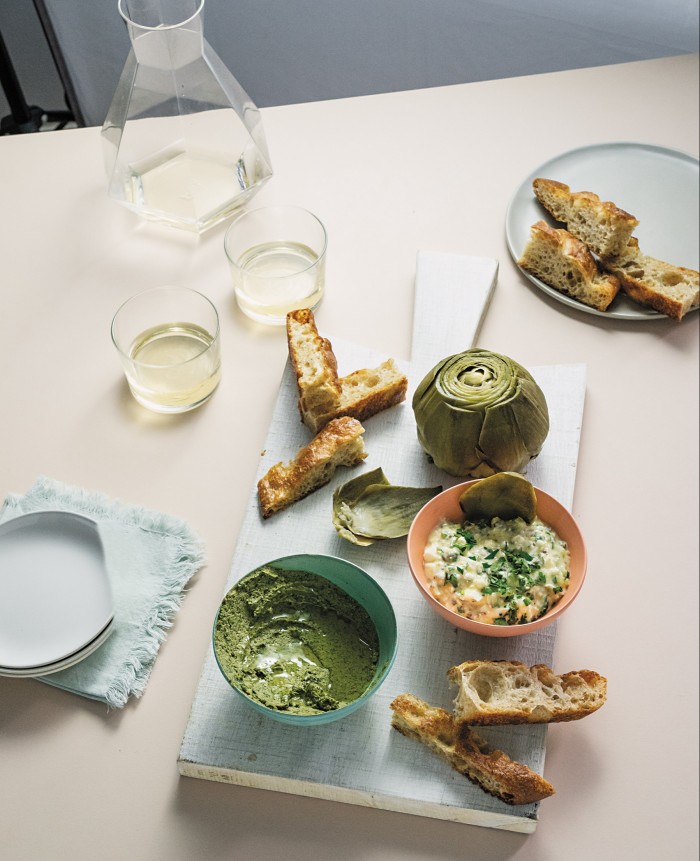
Thank you for reading and remember you can add FirstFT to myFT. You can also elect to receive a FirstFT push notification every morning on the app. Send your recommendations and feedback to [email protected]
Recommended newsletters for you
The Climate Graphic: Explained — Understanding the most important climate data of the week. Sign up here
Long Story Short — The biggest stories and best reads in one smart email. Sign up here


